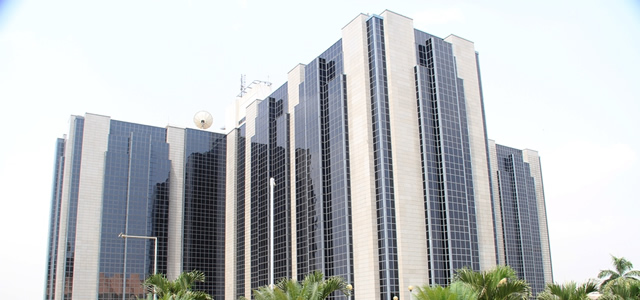This post has already been read 1250 times!
•MPC meets today
Analysts have predicted that the Monetary Policy Committee (MPC) of the Central Bank of Nigeria (CBN) will likely hold all monetary policy tools constant at its meeting today.
At the last MPC held in May, the committee had reduced the Monetary Policy Rate (MPR), otherwise known as interest rate by 100 basis points, from 13.5 per cent to 12.5 per cent.
It had also expressed confidence that given the measures being put in place by both the monetary and fiscal authorities, the country would head off the recession that had been predicted by multiple institutions.
But analysts told THISDAY at the weekend that the central bank is currently faced with limited options to respond to the current macroeconomic realities amid concerns over liquidity surplus and rising inflation which peaked at 12.56 per cent in June.
Prof. Uche Uwaleke of the Nasarawa State University said the MPC appeared to have stretched its limits in terms of monetary policy tools available to respond to current macroeconomic conditions.
He said: “The reality is that monetary policy tools have been stretched to the limits.
“The MPC can only advise the CBN to sustain and ensure the effective implementation of heterodox measures already introduced to strengthen the asset quality and financial soundness of the banking sector, including the recent Global Standing Instruction, which will facilitate repayment of loans by banks’ customers leading to a reduction in non-performing loans and improvement in liquidity.”
According to him, to support economic growth in a period of the pandemic, through increased credit to the real sectors, the MPC will likely advise the apex bank to maintain the loan-to-deposit ratio of 65 per cent for banks.
Uwaleke, a former Imo State Commissioner of Finance, said: “I see the MPC commending the CBN for all its COVID-19 measures aimed at containing the economic impact of the crisis, including the recent non-interest interventions in the agric value chain, textiles, healthcare, creative industries and SMEs in general.
“All these have the potential of positively impacting the capital market.
“By way of direct impact, the CBN should also consider accommodating capital market operators in its COVID-19 intervention schemes.”
Also, commenting on the expectations for the MPC meeting, an economist and former bank CEO, Dr. Muhammad Rislanudeen, predicted that the committee would maintain the status quo.
He explained: “I believe the MPC will safely maintain status quo as even though further reduction of MPR may support growth, especially in this pandemic period but at same time it will increase liquidity in the system and may trigger increased foreign exchange speculation and elevated inflationary trend.
“More so, the recent 2020 amended budgetary approval of N2. 3 trillion stimulus package, especially the N.1.2 million specified for loans to small and medium enterprises, will come from the balance sheet of the central bank by way of quantitative easing which may also be inflationary.”
In addition, analysts at Lagos-based Financial Derivatives Company Limited anticipated a retention of all monetary policy tools.
According to the firm, headline inflation is expected to continue its upward trajectory as aggregate demand picks up following the gradual reopening of the economy and increase in general economic activities—school hostels, hotels, bars, restaurants and fast food outlets re-opening.
“Food inflation is expected to taper in third quarter as the harvest season commences. However, higher logistics costs could be a constraint.
“Meanwhile, non-food prices are likely to remain sticky downwards as the impact of the currency devaluation becomes more excruciating. In spite of the rising inflation trend, we do not expect a change in the monetary policy stance at the MPC meeting on Monday.
“We are of the view that inflationary pressures will persist with the effect of market determined petrol prices and cost reflective tariffs this quarter. Therefore, at the September meeting of the MPC, there is a very strong probability that the CBN will move towards tightening monetary policy again,” they added.



